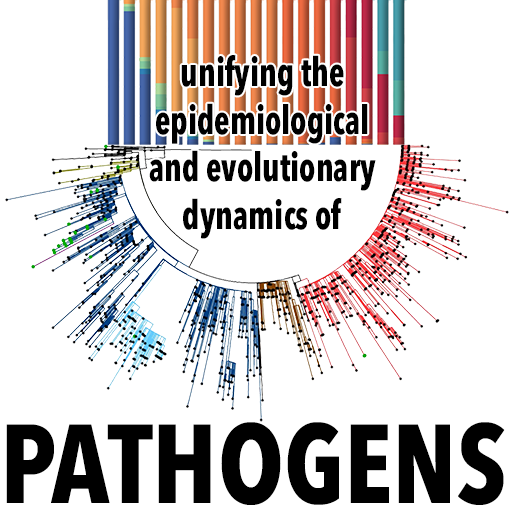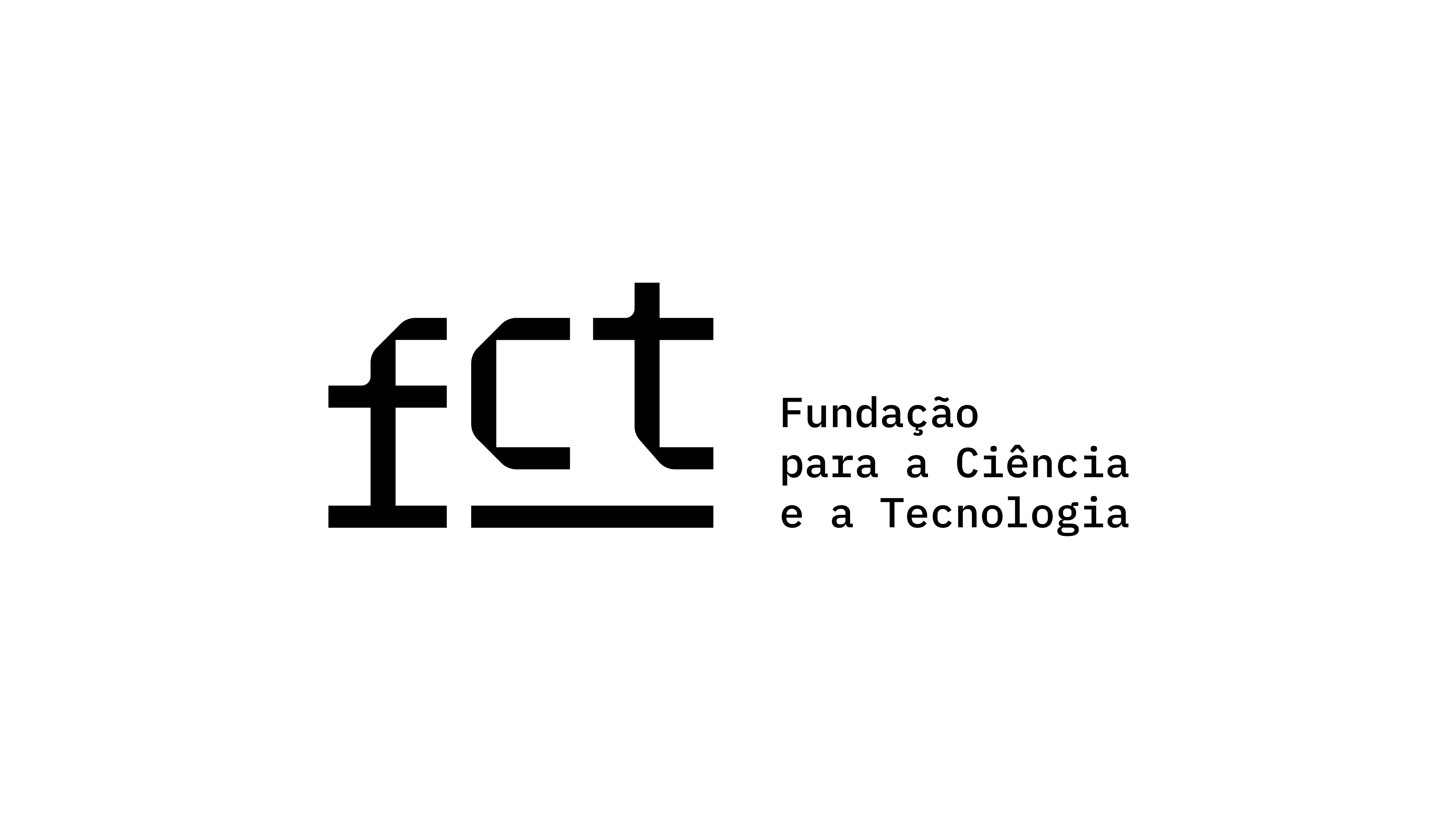Venue
NORDITA, Stockholm, Sweden:
NORDITA is located in the Albano campus (House 3) between the main Stockholm University campus Frescati and the (old) city limits (see the map).
Scope
This program will focus on analytical and computational modelling approaches in infectious disease dynamics and evolutionary dynamics of viruses – the two theoretical topics that have traditionally been addressed in separation. NB! These topics will have some overlap between the weeks of the program as many researchers work in both fields, and it is not our intention/not possible to separate them completely.
Registration in the program is by invitation only. The invited participants are senior as well as junior researchers visiting from around the world* including from the Nordic countries. They comprise a balanced cross-disciplinary audience of researchers specializing in either infectious disease dynamics or viral evolution. To gain a broader outlook on the addressed questions, we have also invited a few researchers from other disciplines.
*Except for countries and geographic regions subject to extensive sanctions imposed by the EU.
Attendance
The program is planned as an in-person 4-week workshop with various scientific and social activities. When registering, please indicate your preferred dates/week(s) of stay in the program: week 1 (May 29 – June 2), week 2 (June 5 – 9), week 3 (June 12 – 16), and week 4 (June 19 – 22, the program ends late afternoon Thursday, June 22 because June 23 is a main Swedish holiday called Midsummer). Please keep in mind that according to the NORDITA rules, the minimum stay is one week (5 working days).
For those who are not physically attending all 4 weeks of the program (=the majority), you can and are recommended to register for hybrid attendance of seminars and symposia in the remaining part of the program. A limited number of junior researchers might also attend only virtually (free of charge).
Academic activities
Focus events
The program will have two focus events of two and half days each over the 4-week period of the program. The first symposium in week 1 from 29 to 31 May will be devoted to infectious disease dynamics. The second symposium in week 3 from 12 till 14 June will be devoted to evolutionary dynamics. The introductory tutorials in these symposia will be delivered by senior researchers specializing in one of the fields. The purpose of the focus events is to make the program accessible to senior researchers from the other field and to young researchers, encouraging them to participate actively in the program.
Seminars
During the other days of the program, we will have more informal seminars (1-3 per day) and/or working group discussion sessions. We expect that every participant, whether junior or senior, will have an opportunity to deliver a seminar on the topic of their research. The research seminars will allow plenty of time for discussion and feedback from the audience. We intend this part of the program to be more of a discussion/feedback meeting than a conference-type meeting.
Working groups
We further envisage the creation of collaborative working groups that will have in-depth discussions on specifically identified themes. The ambition is to initiate new collaborations between participants in the relaxed interdisciplinary environment of the NORDITA. The topics may address knowledge gaps in infectious disease dynamics and evolutionary dynamics, identify challenges in joining both approaches, analyze current limitations both in terms of methodology and public health relevance, advance the frontier of research and set the future research agenda, etc. We have some ideas for suitable discussion topics and plan to sharpen them during preparation for the program. It will be most beneficial if the participants collectively shape and choose the most interesting topics, rather than imposing them. Therefore, we strongly welcome suggestions from participants. An example of a topic is, e.g., “household models”, “evolution of virulence”, etc. Each day all participants are also encouraged to gather for coffee/tea in the afternoon and to go to lunch together.
Social activities
We want to provide a creative atmosphere by encouraging informal contacts between the scientists while also giving them enough time and room to reflect and work. Occasional discussion sessions and social gatherings are therefore as important as traditional seminars and lectures. The social activities are optional. The preliminary schedule of social activities includes: (i) weekly reception with finger food and drinks on Mondays to welcome new participants arriving to the program; (ii) coffee breaks throughout the program; (iii) weekly dinner on Wednesdays; (iv) weekly excursion on Saturdays to visit local landmarks (e.g., The Nobel Prize Museum, the islands, etc.); (v) occasional organized gatherings at the NORDITA Institute. The schedule of social activities might have slight changes and the participants will be informed in advance of all possible activities. Spontaneous gatherings to visit a local café or landmark might also happen depending on interest.
Accommodation
NORDITA provides accommodation to selected invited participants for the duration of the stay including shoulder dates if needed (e.g., Sunday to Monday night at the start and Friday to Saturday night at the end of the visit). We have agreed with you in prior communication whether your accommodation will be paid for. The accommodation is in an Apartment Hotel called BizApartment Gärdet. The apartments are modern, fully equipped with a kitchen, TV, internet access, a comfortable bed, combined dining/work area, and an armchair or sofa to relax in.
Registration
Register no later than January 31, 2023 following the link.
Organizers
- Ganna Rozhnova, Associate Professor, University Medical Center Utrecht, The Netherlands
- Igor Rouzine, Associate Professor, Peter the Great St Petersburg Polytechnic University, Russia
- Tom Britton, Professor, Stockholm University, Sweden
Sponsored by:
The program was supported by Nordita and by the Fundação para a Ciência e a Tecnologia, I.P., through national funds, under the project 2022.01448.PTDC “Controlo dirigido da COVID-19 após a vacinação em massa”, DOI 10.54499/2022.01448.PTDC.



